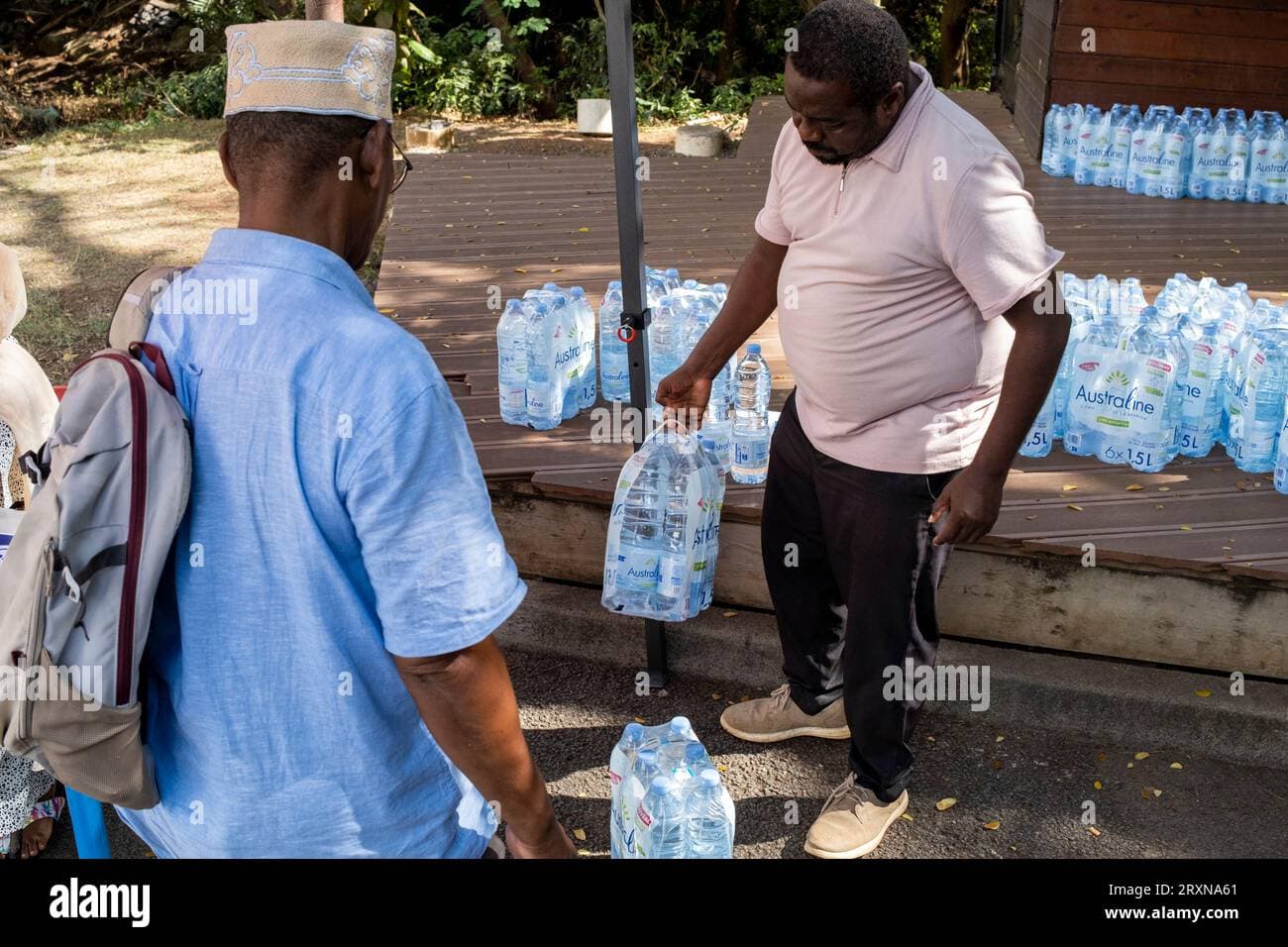Hamas Delegation Meets Egypt Intelligence Chief, Raises Ceasefire Violations
A senior Hamas delegation traveled to Cairo on November 23 and met with Egypt's intelligence chief to discuss implementation of the fragile ceasefire and alleged breaches. The talks focused on monitoring mechanisms and the sensitive issue of fighters believed to be in Rafah tunnels, a development that could shape mediation efforts by Egypt, Qatar and the United States.

A senior Hamas delegation flew to Cairo on November 23 to press Egyptian authorities on the implementation of the ceasefire and to raise concerns about what it described as recent violations that threaten the truce. The delegation met with Egypt's intelligence chief as part of ongoing mediation efforts by Egypt, Qatar and the United States to stabilise a tenuous agreement that has reduced open hostilities but left many of the core disputes unresolved.
Hamas reiterated its commitment to the first phase of the truce while urging mediators to establish a clear mechanism to monitor and document alleged breaches. The request underlines a growing trust deficit between the parties, and highlights the difficulty of sustaining a cessation of violence in the absence of independent verification and transparent procedures for addressing incidents.
Delegations also discussed the fraught issue of fighters believed to be holed up in tunnels in the Rafah area and reported loss of communications with some units. The presence of fighters in subterranean networks at a border zone that is densely populated raises complex operational, legal and humanitarian questions. For mediators, the challenge is to reconcile security concerns with the obligations of parties to avoid placing civilians at risk and to respect the protections afforded by international humanitarian law.
Egypt has long played a central role as a mediator and guarantor in negotiations involving Gaza. Its security services control the border with Gaza at Rafah and are acutely aware that any ground operations or attempts to flush out fighters carry a high risk of civilian displacement and broader regional repercussions. Qatar and the United States remain active interlocutors, seeking to translate temporary pauses into more durable arrangements while preventing local incidents from escalating into wider conflagration.
The demand for a mechanism to monitor and document violations is not only a technical matter. It speaks to accountability and the politics of evidence. Independent monitoring could provide a basis for deescalation by clarifying what occurred in specific incidents and removing the pretext for retaliatory strikes. Without such a system, each side is likely to interpret or amplify events in ways that harden positions and make compromise more difficult.
International legal observers will watch whether mediators can secure arrangements that allow credible verification without compromising sensitive intelligence or endangering personnel. The outcome will affect not only the immediate security calculus in Gaza but also diplomatic dynamics across the region, where neighbouring states balance pressure from domestic publics with strategic relationships.
The Cairo talks on November 23 are another step in a fragile process. How mediators respond to Hamas's demand for monitoring and how they address the tunnel issue in Rafah may determine whether the ceasefire endures long enough to allow broader negotiations or collapses back into open conflict.


